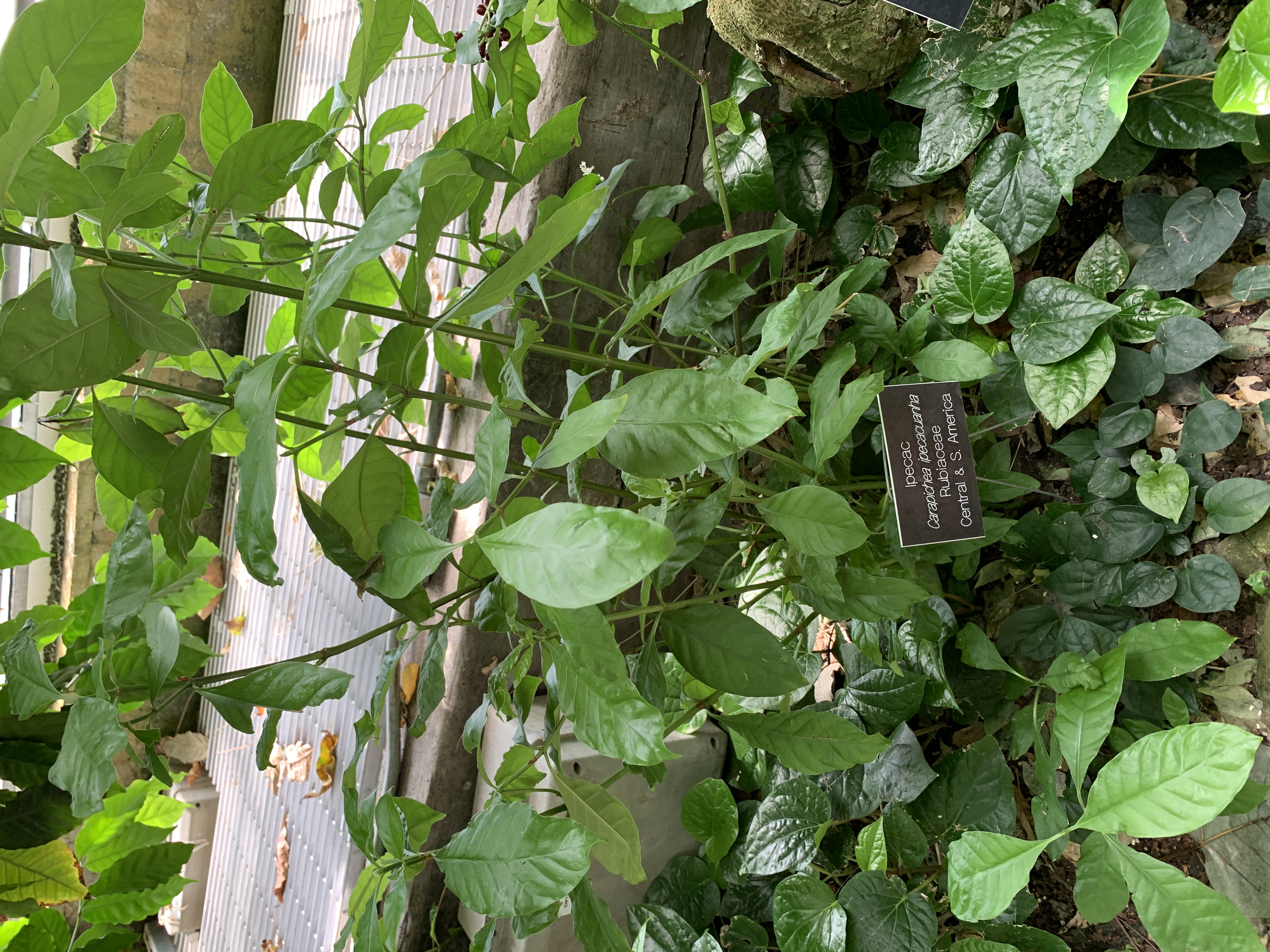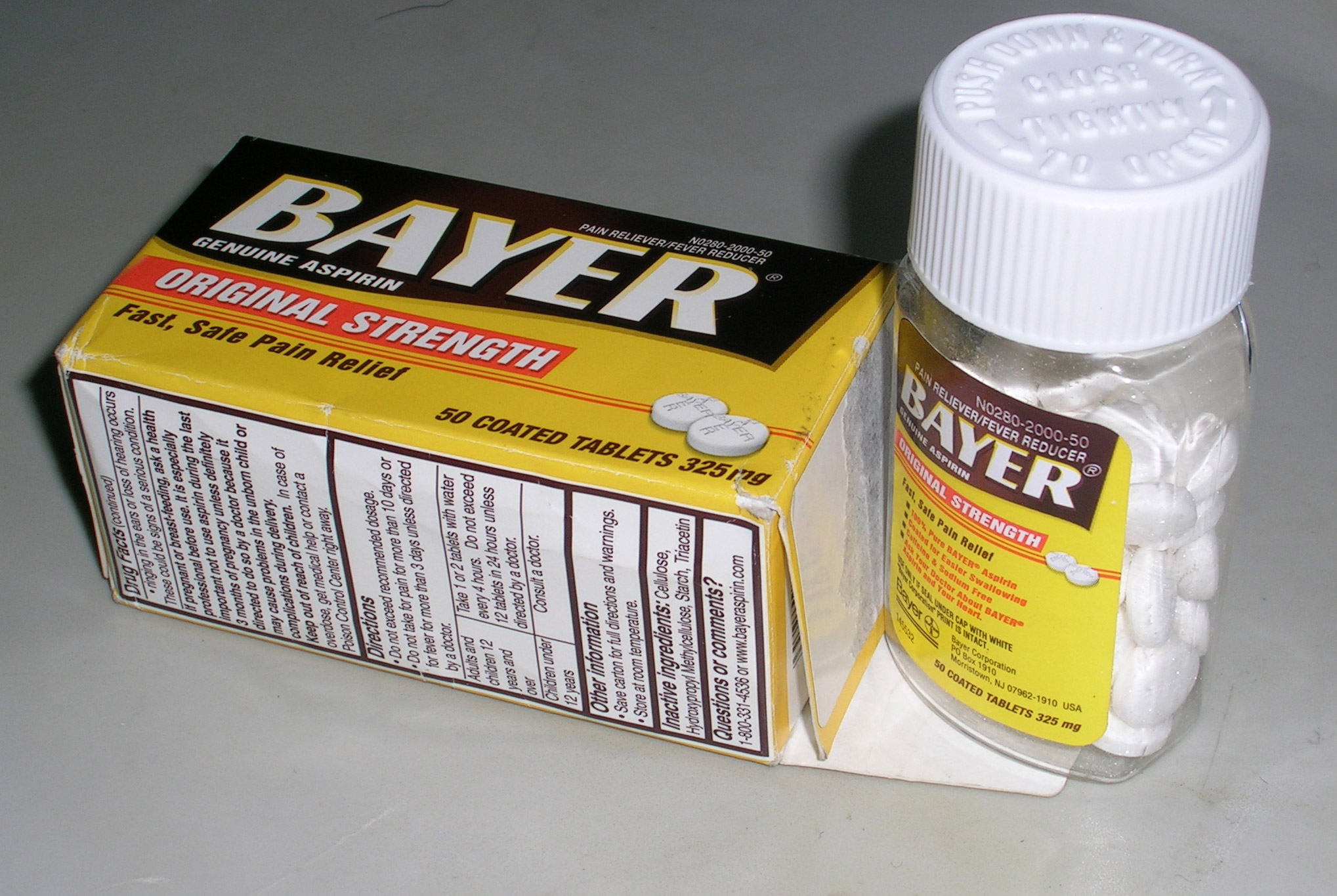 |
Ipecac
Syrup of ipecac (), or simply ipecac, is a drug that was once widely used as an expectorant (in low doses) and a rapid-acting emetic (in higher doses). It is obtained from the dried rhizome and roots of the ipecacuanha plant (''Carapichea ipecacuanha''), from which it derives its name. It is no longer used in medicine. In particular, the rapidly induced forceful vomiting produced by ipecac was considered for many years to be an important front-line treatment for orally ingested poisons. However, subsequent studies (including a comprehensive 2005 meta-study) revealed the stomach purging produced by ipecac to be far less effective at lowering total body poison concentrations than the adsorption effect of oral activated charcoal (which is effective through the entire gastrointestinal tract and is often coupled with whole bowel irrigation). Ipecac also presents a small risk of overdose (being a mild poison itself) and a major risk of esophagitis and aspiration pneumonia if used to p ... [...More Info...] [...Related Items...] OR: [Wikipedia] [Google] [Baidu] |
|
Carapichea Ipecacuanha
''Carapichea ipecacuanha'' is a species of flowering plant in the family Rubiaceae. It is native to Costa Rica, Nicaragua, Panama, Colombia, and Brazil. Its common name, ipecacuanha (), is derived from the Tupi ''ipega'kwãi'', or "road-side sick-making plant". The plant has been discussed under a variety of synonyms over the years by various botanists. The roots were used to make syrup of ipecac, a powerful emetic, a longtime over-the-counter medicine no longer approved for medical use in the West for lack of evidence of safety and efficacy. An example of emetic compound from the roots is emetine. Description Ipecacuanha is a slow-growing plant, which reduces its commercial appeal as a crop plant. It is seldom cultivated in South America but it has been cultivated in India and elsewhere. The root of ipecacuanha has been used in preparation of the medicament, the syrup, is simple or divided into a few branches, flexuous, and composed of rings of various size. It is somewha ... [...More Info...] [...Related Items...] OR: [Wikipedia] [Google] [Baidu] |
|
|
Dover's Powder
Dover's powder was a traditional medicine against cold and fever developed by Thomas Dover. It is no longer in use in modern medicine, but may have been in use at least through the 1960s. A 1958 source describes Dover's Powder as follows: "Powder of Ipecacuanha and Opium (''B.P.'', ''Egyp. P.'', ''Ind. P.''). Pulv. Ipecac. et Opii; Ipecac and Opium Powder (''U.S.N.F.''); Dover's Powder; Compound Ipecacuanha Powder. Prepared ipecacuanha, 10 g., powdered opium 10 g., lactose 80 g. It contains 1% of anhydrous morphine. ''Dose:'' 320 to 640 mg. (5 to 10 grains). Many foreign pharmacies include a similar powder, sometimes with potassium sulphate or with equal parts of potassium nitrate and potassium sulphate in place of lactose; ''max. single dose'' 1 to 1.5 g. and max. in 24 hours 4 to 6 g."''The Extra Pharmacopoeia Martindale''. Vol. 1, 24th edition. London: The Pharmaceutical Press, 1958, page 812. This reference also cites "Tablets of Ipecacuanha and Opium (''B.P.'', ''Ind. ... [...More Info...] [...Related Items...] OR: [Wikipedia] [Google] [Baidu] |
|
|
Poison
Poison is a chemical substance that has a detrimental effect to life. The term is used in a wide range of scientific fields and industries, where it is often specifically defined. It may also be applied colloquially or figuratively, with a broad sense. Whether something is considered a poison may change depending on the amount, the circumstances, and what living things are present. Poisoning could be accidental or deliberate, and if the cause can be identified there may be ways to neutralise the effects or minimise the symptoms. In biology, a poison is a chemical substance causing death, injury or harm to organisms or their parts. In medicine, poisons are a kind of toxin that are delivered passively, not actively. In industry the term may be negative, something to be removed to make a thing safe, or positive, an agent to limit unwanted pests. In ecological terms, poisons introduced into the environment can later cause unwanted effects elsewhere, or in other parts of the fo ... [...More Info...] [...Related Items...] OR: [Wikipedia] [Google] [Baidu] |
|
 |
Over-the-counter Drug
Over-the-counter (OTC) drugs are medicines sold directly to a consumer without a requirement for a prescription from a healthcare professional, as opposed to prescription drugs, which may be supplied only to consumers possessing a valid prescription. In many countries, OTC drugs are selected by a regulatory agency to ensure that they contain ingredients that are safe and effective when used without a physician's care. OTC drugs are usually regulated according to their active pharmaceutical ingredient (API) rather than final products. By regulating APIs instead of specific drug formulations, governments allow manufacturers the freedom to formulate ingredients, or combinations of ingredients, into proprietary mixtures. The term ''over-the-counter'' (''OTC'') refers to a medication that can be purchased without a medical prescription. In contrast, prescription drugs require a prescription from a doctor or other health care professional and should only be used by the prescri ... [...More Info...] [...Related Items...] OR: [Wikipedia] [Google] [Baidu] |